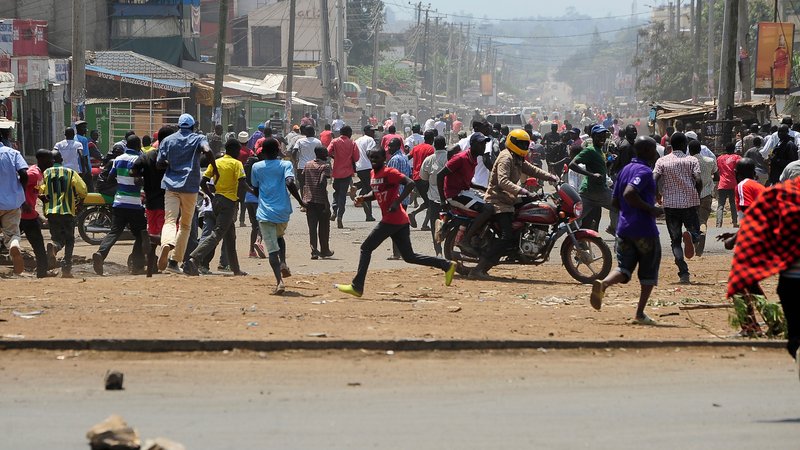According to Capital Economics, Kenya’s post-election legal drama is still rapidly developing.
“The latest developments all suggest that the country’s chance of avoiding a violent (and economically painful) crisis is dwindling. Political tensions in Kenya have escalated since 1st September, when the Supreme Court unexpectedly ruled that President Uhuru Kenyatta’s re-election was marred by irregularities and ordered a re-run election, now set for 26th October. Things were further complicated when opposition leader Raila Odinga said that he would boycott the process until the electoral authorities are substantially reformed.” the research firm noted in a recent note to investors.
Capital Economics argues that the risk of a violent crisis is now substantially higher than it was during the original vote in August.
“There are, in our view, three ways that the situation could develop. Each poses key risks to Kenya’s already faltering economy. First, Mr. Odinga’s boycott could pressure the authorities to delay the vote, allowing for a more widely accepted process. Even if the president accepted such a deal (we have our doubts), this would extend the current period of uncertainty, which has hit markets and seems to have caused the economy to slow” it said.
READ;Politics & Markets; How Stocks have performed Since Supreme Court Ruling
If the vote proceeds without Mr. Odinga, as the president has suggested. An election pitting the incumbent against a handful of smaller parties would result in a huge win for Mr Kenyatta, especially as Mr. Odinga’s voters would probably stay home. But such a result would not be accepted by opposition supporters, and would set the stage for four years of political tension during which a significant minority refuse to accept the president’s legitimacy.
Any of these outcomes could lead to violent protests, like the ones in which over 1,000 people were killed following the 2007 election.
READ; Capital Economics raises concerns over accuracy of Kenya’s official GDP figures



